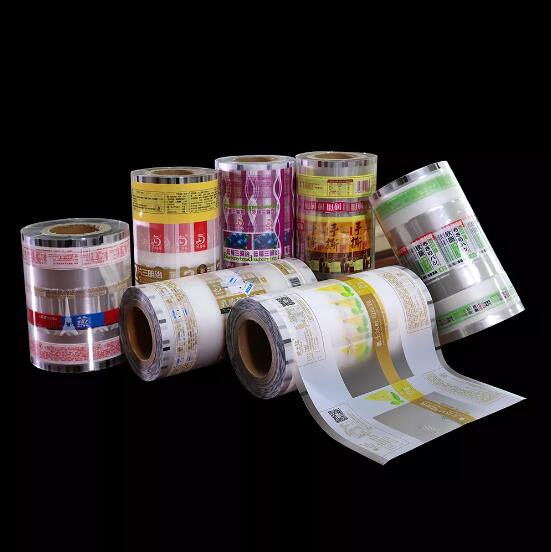Advancing Sustainability: The Role of Polypropylene Film in Packaging
2024-03-06
In today's world, sustainability has become a critical consideration in every aspect of life, including the packaging industry. With growing awareness of environmental issues and increasing demand for eco-friendly solutions, packaging materials play a crucial role in minimizing environmental impact and promoting sustainability. Polypropylene film, a versatile and widely used packaging material, has emerged as a sustainable choice for packaging applications due to its unique properties and recyclability. In this blog, we'll explore how polypropylene film contributes to sustainability and recyclability in packaging.
1. Recyclability:
One of the key benefits of polypropylene film is its recyclability. Polypropylene film can be easily recycled into new products at the end of its life cycle, reducing waste generation and promoting the circular economy. Recycled polypropylene film can be used to produce a variety of products, including new packaging materials, automotive parts, furniture, and more. By recycling polypropylene film, we can conserve natural resources, reduce energy consumption, and minimize the environmental impact of packaging waste.
2. Lightweight and Efficient:
Polypropylene film is lightweight yet strong, allowing for efficient use of materials in packaging applications. Its lightweight nature helps to reduce transportation costs and carbon emissions associated with shipping and logistics. By using less material and optimizing packaging design, polypropylene film helps to minimize environmental footprint throughout the product lifecycle.
3. Energy Efficiency:
The production process of polypropylene film requires less energy compared to other packaging materials, making it a more energy-efficient choice. Polypropylene film can be manufactured using advanced extrusion technologies and optimized processes to minimize energy consumption and greenhouse gas emissions. By investing in energy-efficient manufacturing practices, polypropylene film producers can further reduce their environmental impact and contribute to sustainability goals.
4. Extended Shelf Life:
Polypropylene film offers excellent barrier properties against moisture, oxygen, and other environmental factors, helping to extend the shelf life of packaged products. By protecting products from spoilage, contamination, and deterioration, polypropylene film helps to reduce food waste and minimize the environmental impact of discarded products. Packaging products in polypropylene film can help retailers and consumers reduce waste and make more sustainable choices.
5. Innovation and Advancements:
Polypropylene film manufacturers are constantly innovating and developing new technologies to improve the sustainability and recyclability of their products. This includes the use of recycled content, bio-based materials, and renewable energy sources in the production process. By embracing innovation and sustainability, polypropylene film producers can continue to meet the evolving needs of consumers and businesses while minimizing environmental impact.
In conclusion, polypropylene film plays a crucial role in promoting sustainability and recyclability in the packaging industry. With its recyclability, lightweight nature, energy efficiency, and barrier properties, polypropylene film offers a sustainable choice for packaging applications across various industries. By choosing polypropylene film for packaging needs, businesses can reduce their environmental footprint, conserve resources, and contribute to a more sustainable future for generations to come.



